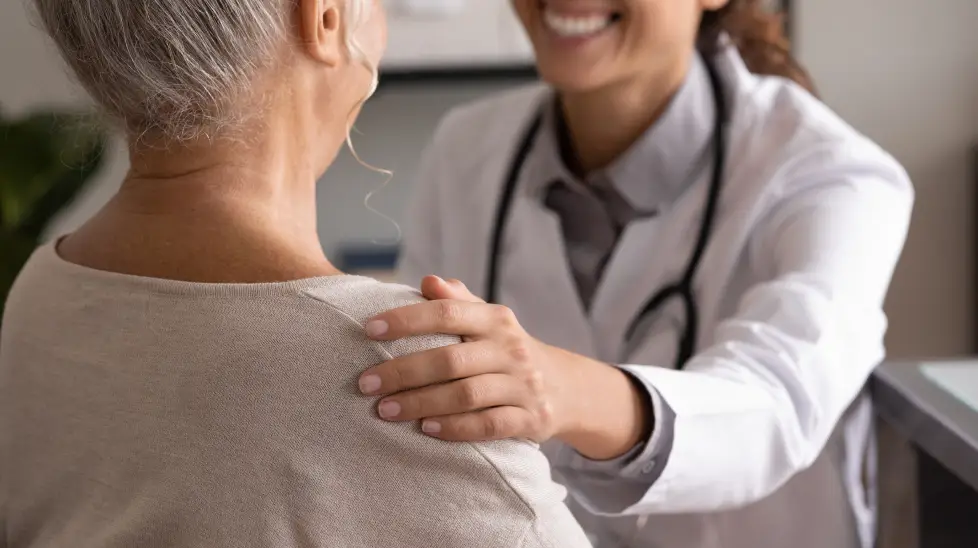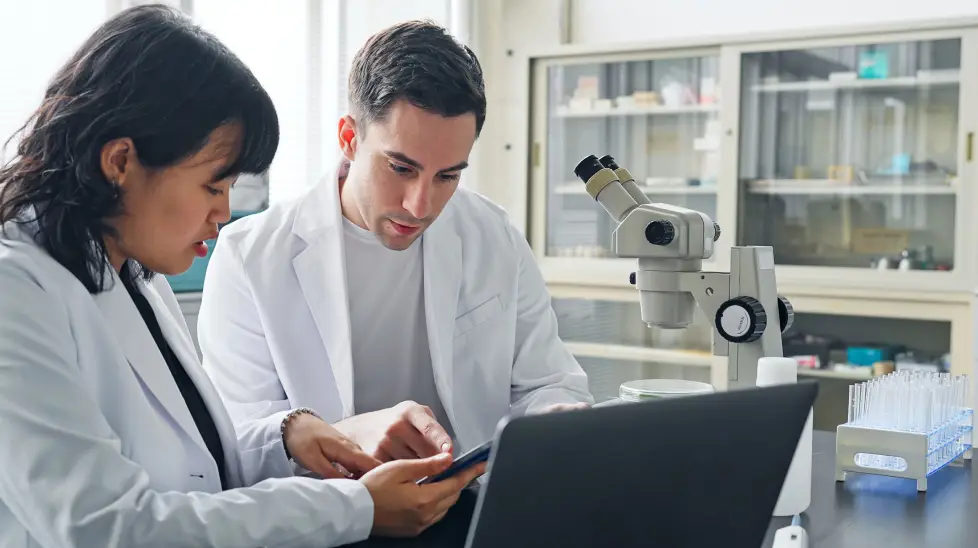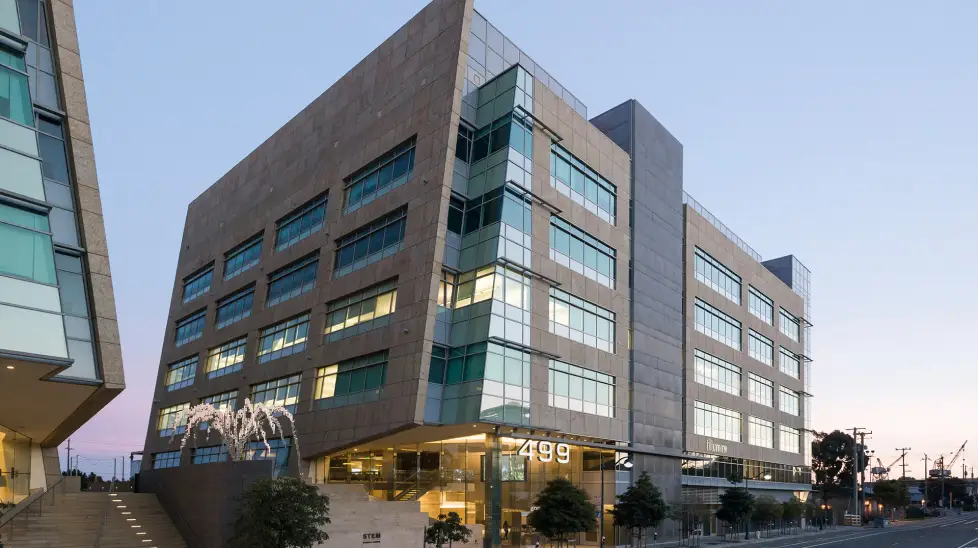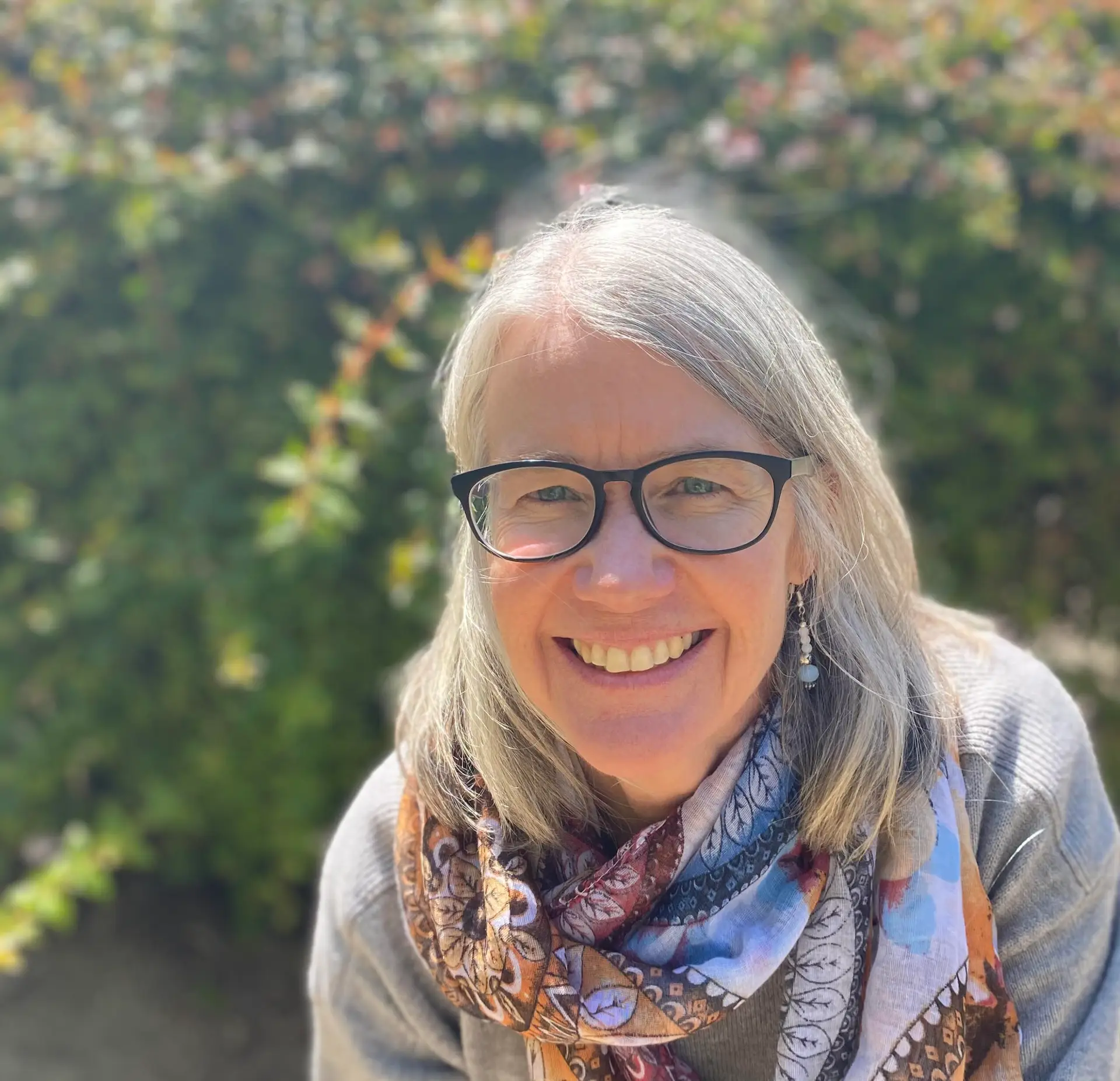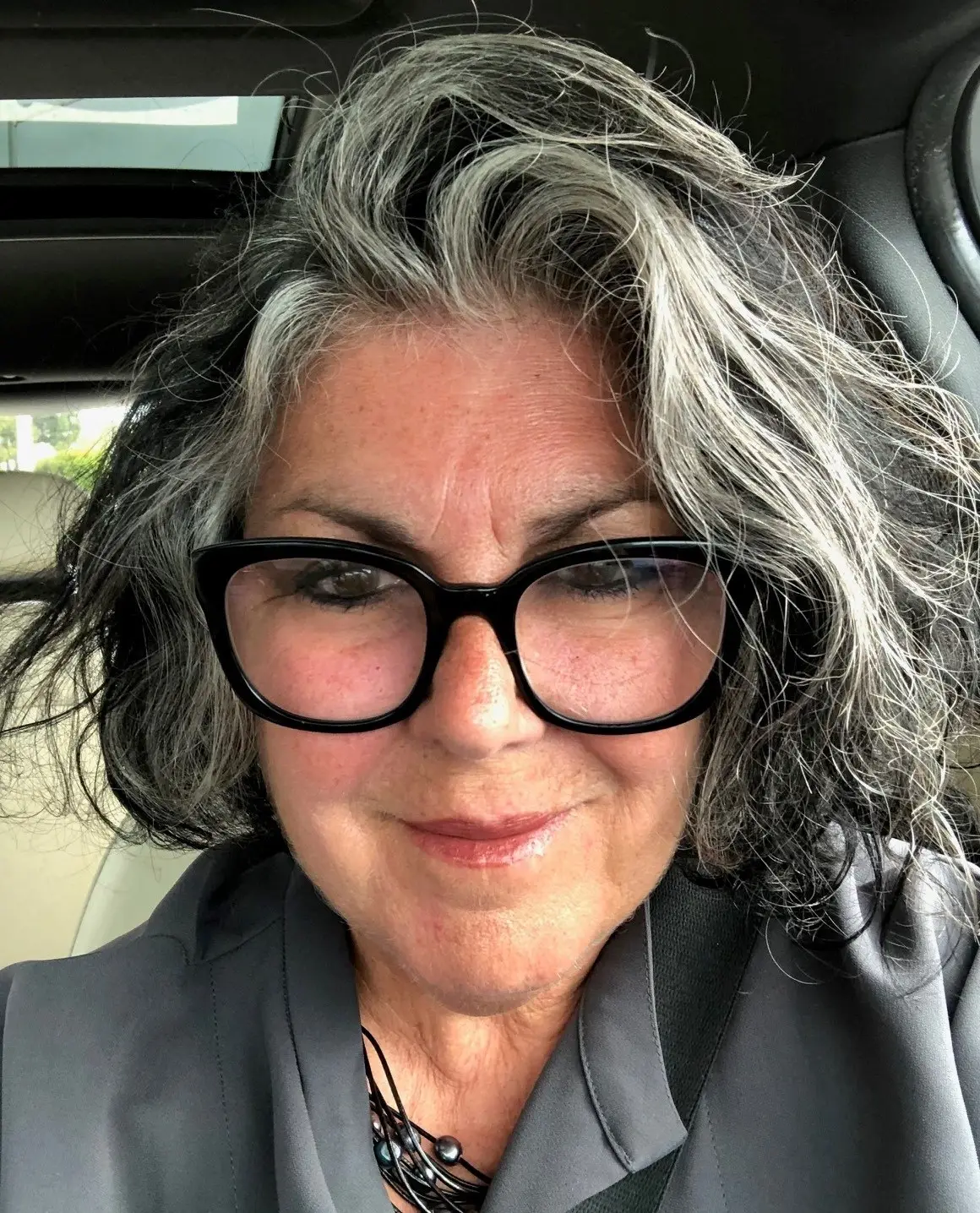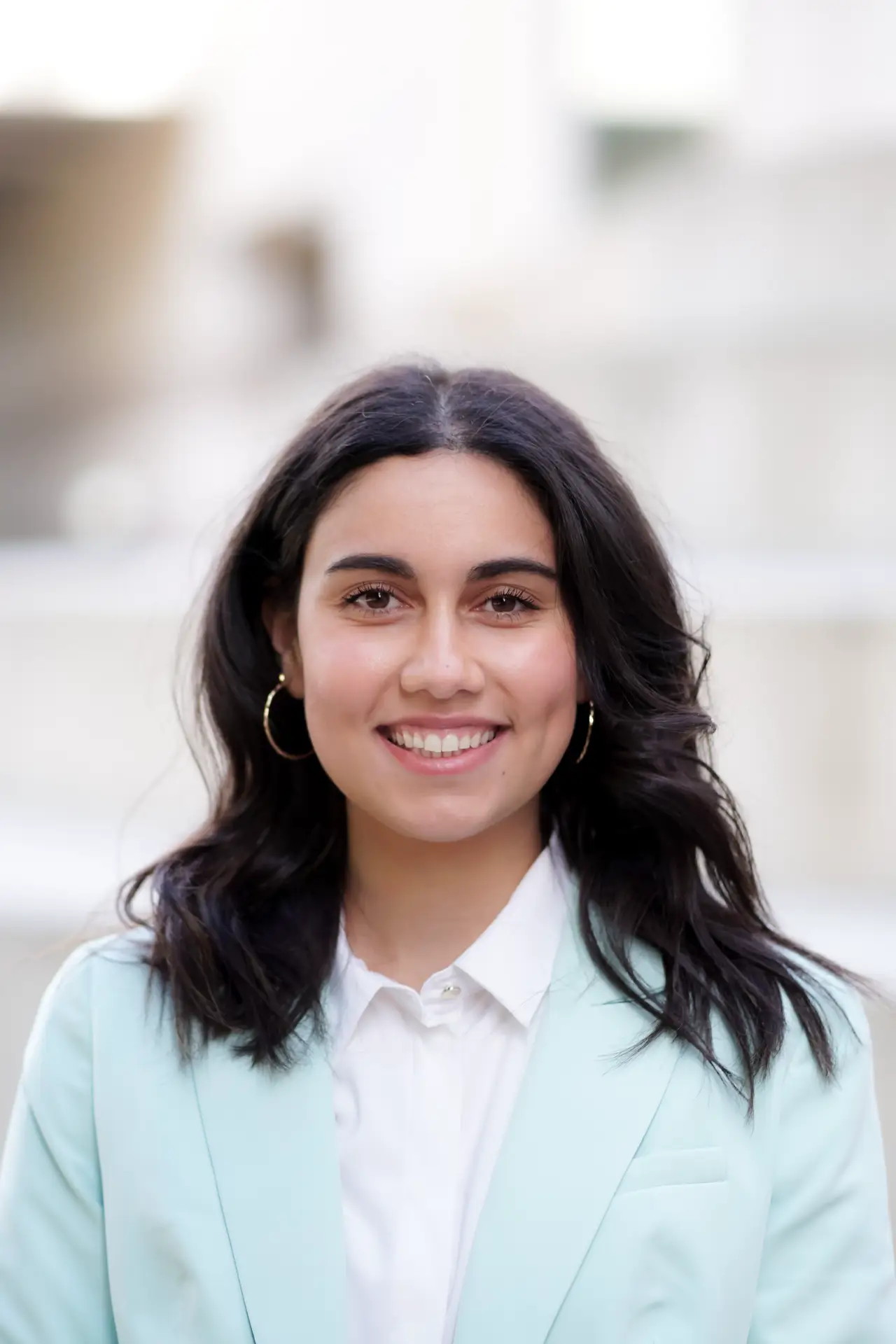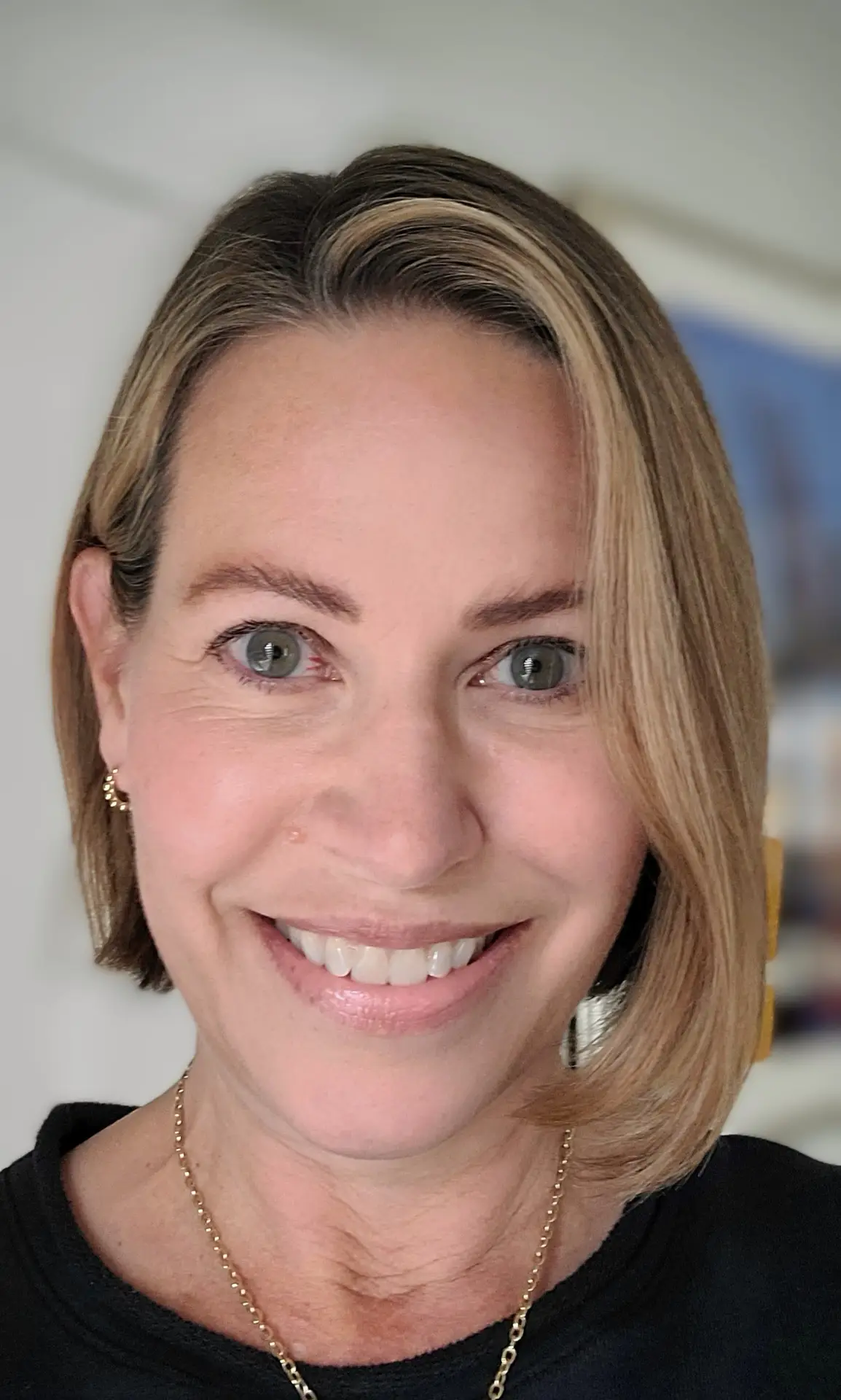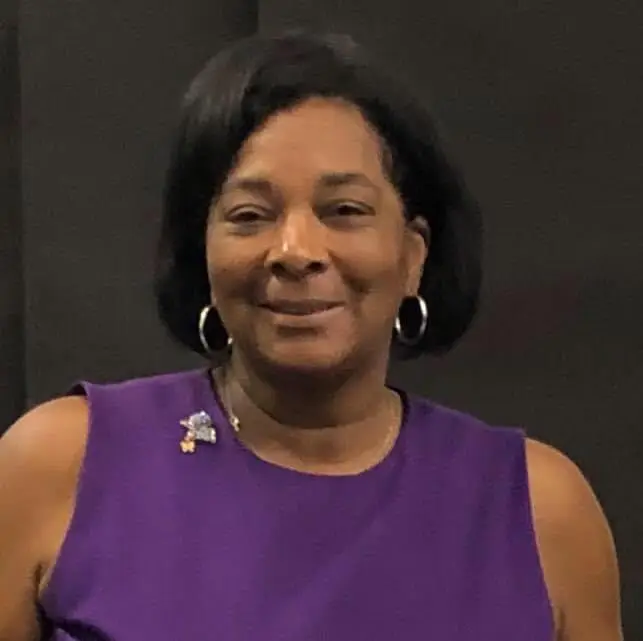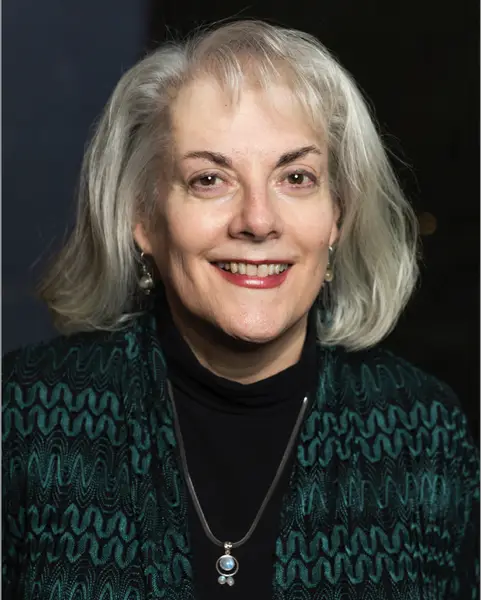SAN FRANCISCO, Jan. 10, 2022 /PRNewswire/ — Today Quantum Leap Healthcare Collaborative (QLHC), sponsor of the I-SPY COVID Trial, announced that the Pulmozyme® (dornase alfa) arm of the trial has been terminated. The interim analysis suggests that the addition of Pulmozyme® to treatment of critically ill patients with COVID-19 is unlikely to achieve statistically significant improvement in efficacy.
The I-SPY COVID Trial was designed to rapidly screen agents that show promise for two primary endpoints: reducing the time to recovery (defined as reduction in oxygen demand) or risk of mortality in critically ill COVID-19 patients. The study utilizes QLHC’s adaptive platform trial design methodology, which focuses on the simultaneous, efficient assessment of multiple investigational agents.
Pulmozyme® was selected for inclusion in the I-SPY COVID Trial because of its potential to break up and clear deleterious neutrophil extracellular traps (NETs) from the lungs of COVID-19 patients and to promote recovery in individuals with COVID-19-related Acute Respiratory Distress Syndrome (ARDS). Previous agents assessed in the trial include cenicriviroc, razuprotafib, apremilast, icatibant, and a combination of famotidine and celecoxib.
There were 125 patients enrolled in the Pulmozyme® trial, and it was administered at 23 participating US sites. The data from the 37 patients who received the Pulmozyme® treatment were compared to those from the 88 patients concurrently randomized to the control arm, which consists of standard of care, including dexamethasone and remdesivir. Patients assigned to the Pulmozyme® arm received the standard of care therapy in combination with Pulmozyme® as a single-use ampule for inhalation as an aerosol mist. After all patients reached 28 days of follow-up, the data suggested there was a low probability that the addition of Pulmozyme® to standard of care therapy significantly impacted time to recovery or mortality. The 37 patients in the Pulmozyme® arm experienced slower recovery than those in the control arm, and there was no statistically significant difference between the two arms. Given these findings, the Data Monitoring Committee (DMC) recommended closing the Pulmozyme® arm of the I-SPY COVID Trial. The study did not identify new safety signals for Pulmozyme® in the setting of critically ill COVID-19 patients.
Dr. Jon Koff led the study of this agent in the I-SPY COVID Trial: “We demonstrated that Pulmozyme® could be safely administered to critically ill patients with COVID-19. Unfortunately, it did not demonstrate a large improvement in the time to recovery, nor in the reduction in mortality.”
“We are grateful to Genentech and its leadership for supporting the testing of Pulmozyme® in the setting of critically ill COVID-19 patients,” commented Dr. Laura Esserman, co-principal investigator of the I-SPY Trials. “We hope in the near future to have the ability to better segment the critically ill COVID-19 patient population using biomarker subtypes. This effort, led by Dr. Carolyn Calfee at the University of California, San Francisco, and the I-SPY COVID Trial Biomarker Working Group, will hopefully increase our ability to find effective agents for this incredibly challenging and devastating disease.”
Investigation into additional agents via the I-SPY COVID Trial is ongoing and remains an urgent priority for QLHC and its partners. The I-SPY COVID Trial now includes 26 sites as well as leaders in pulmonary and critical care centers from around the country.
The I-SPY COVID Trial is a collaboration between members of QLHC and pharmaceutical partners such as Genentech, a member of the Roche Group, and the United States Government (USG). This work is supported in part by the Biomedical Advanced Research and Development Authority, part of the office of the Assistant Secretary for Preparedness and Response within the U.S. Department of Health and Human Services, and the Department of Defense (DoD) Joint Program Executive Office for Chemical, Biological, Radiological and Nuclear Defense, in collaboration with the Medical CBRN Defense Consortium. The Defense Threat Reduction Agency enables USG and international partners to counter and deter weapons of mass destruction and emerging threats.
About Quantum Leap Healthcare Collaborative
Quantum Leap Healthcare Collaborative is a 501C(3) charitable organization established in 2005 as a collaboration between medical researchers at University of California, San Francisco and Silicon Valley entrepreneurs. Our mission is to integrate high-impact research with clinical processes and systems technology, resulting in improved data management and information systems, greater access to clinical trial matching and sponsorship, and greater benefit to providers, patients and researchers. Our goal is to improve and save lives. Quantum Leap provides operational, financial, and regulatory oversight to the I-SPY Trials. For more information, visit www.QuantumLeapHealth.org.
About the I-SPY COVID Trial
The I-SPY COVID Trial (Investigation of Serial Studies to Predict Your COVID Therapeutic Response with Biomarker Integration and Adaptive Learning) is an adaptive platform trial designed to increase trial efficiency by minimizing the number of participants and time required to evaluate experimental and/or repurposed drugs. The focus of the trial is to improve outcomes for severely-ill COVID-19 patients—those who require at least 6L of high-flow oxygen either by mask or nasal cannula, known as level 5 on the World Health Organization (WHO) COVID scale, an 8-point ordinal scale of clinical severity status. The primary endpoints include the time to achieve level 4 or less for at least 48 hours on the WHO COVID scale, a decrease in the duration of time on a ventilator, and a decrease in mortality.
The I-SPY COVID Trial is sponsored and managed by Quantum Leap Healthcare Collaborative. For more information, visit www.quantumleaphealth.org or www.ispytrials.org.
Forward Looking Statements
This press release contains forward-looking statements. Statements in this press release that are not purely historical are forward-looking statements. These forward-looking statements are made as of the date of this press release, and the Company assumes no obligation to update the forward-looking statements, or to update the reasons why actual results could differ from those projected in the forward-looking statements, except as required by law. Investors should consult all the information set forth herein and should also refer to the risk factor disclosure set forth in the reports and other documents the Company files with the SEC available at www.sec.gov.
SOURCE Quantum Leap Healthcare Collaborative
Related Links
http://www.quantumleaphealth.org
For more information, email karyn.digiorgio@quantumleaphealth.org




